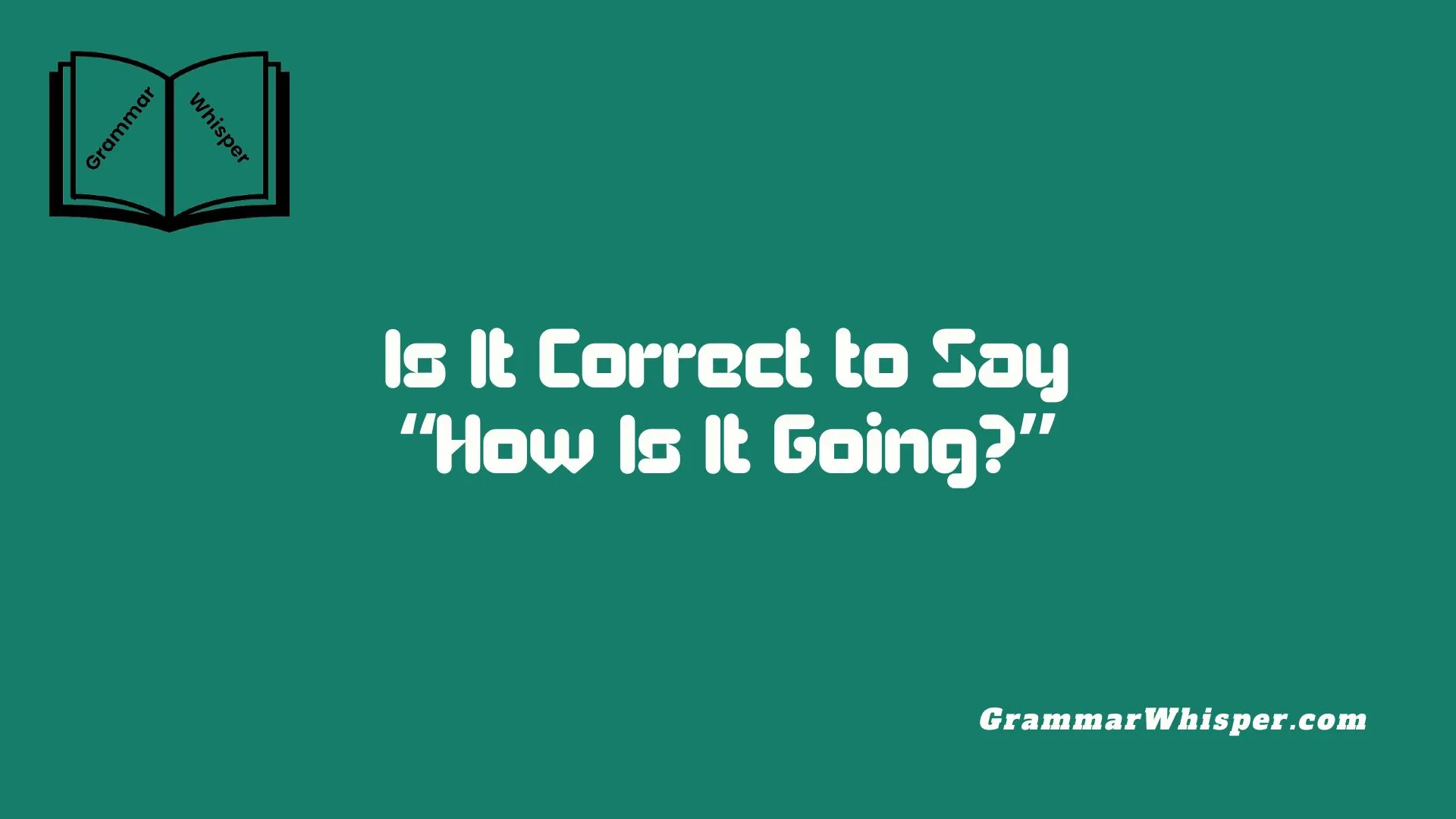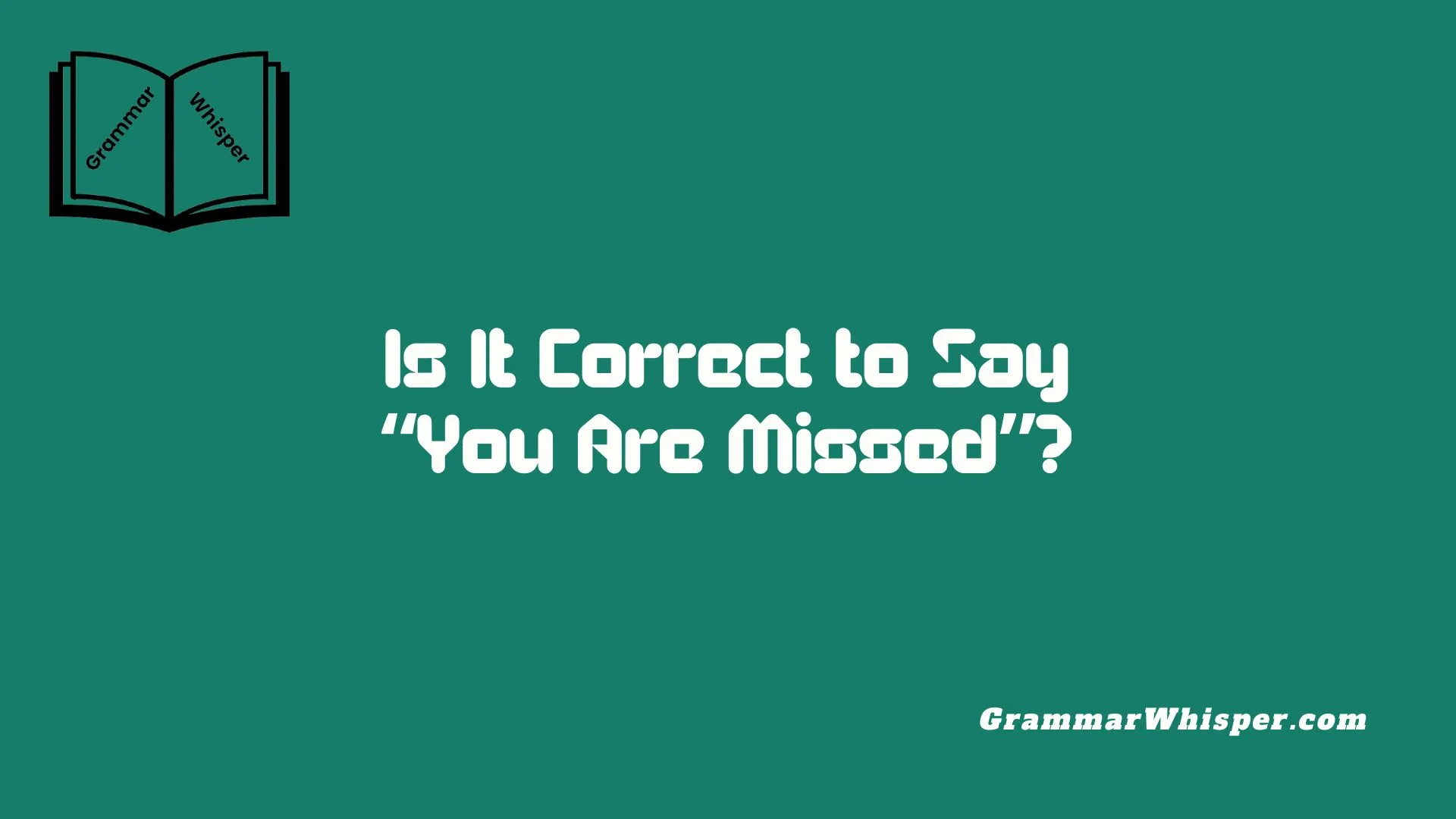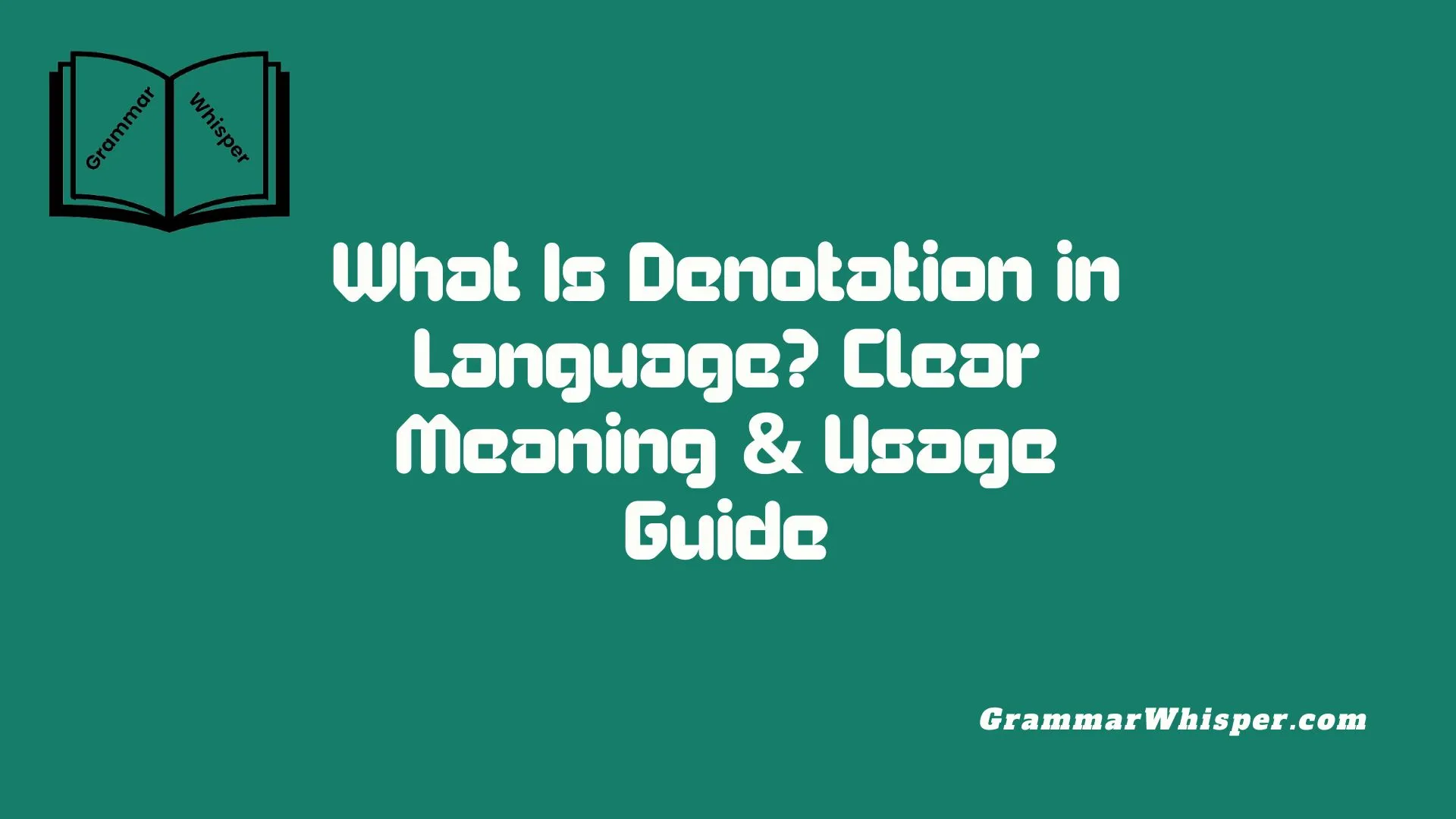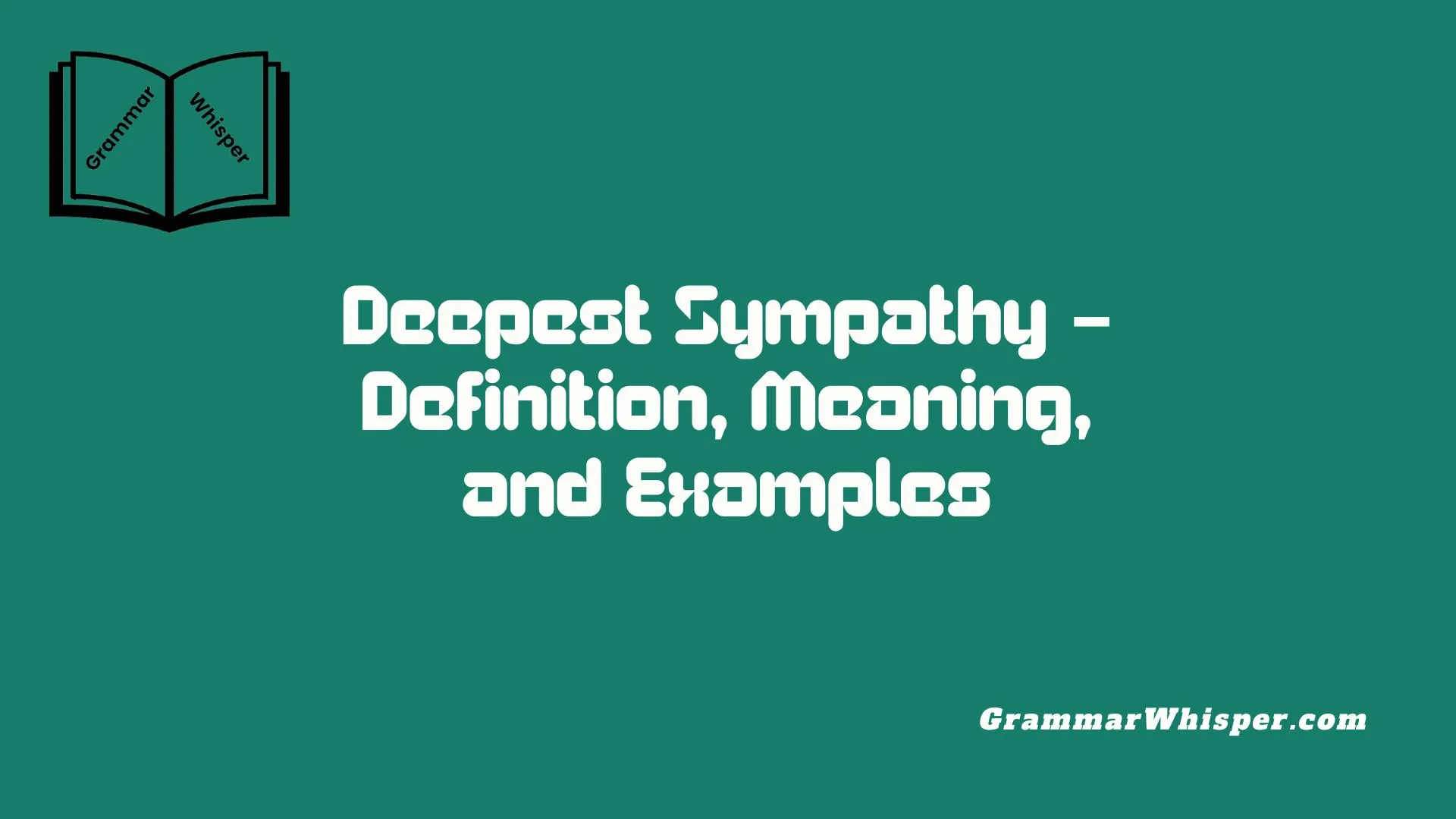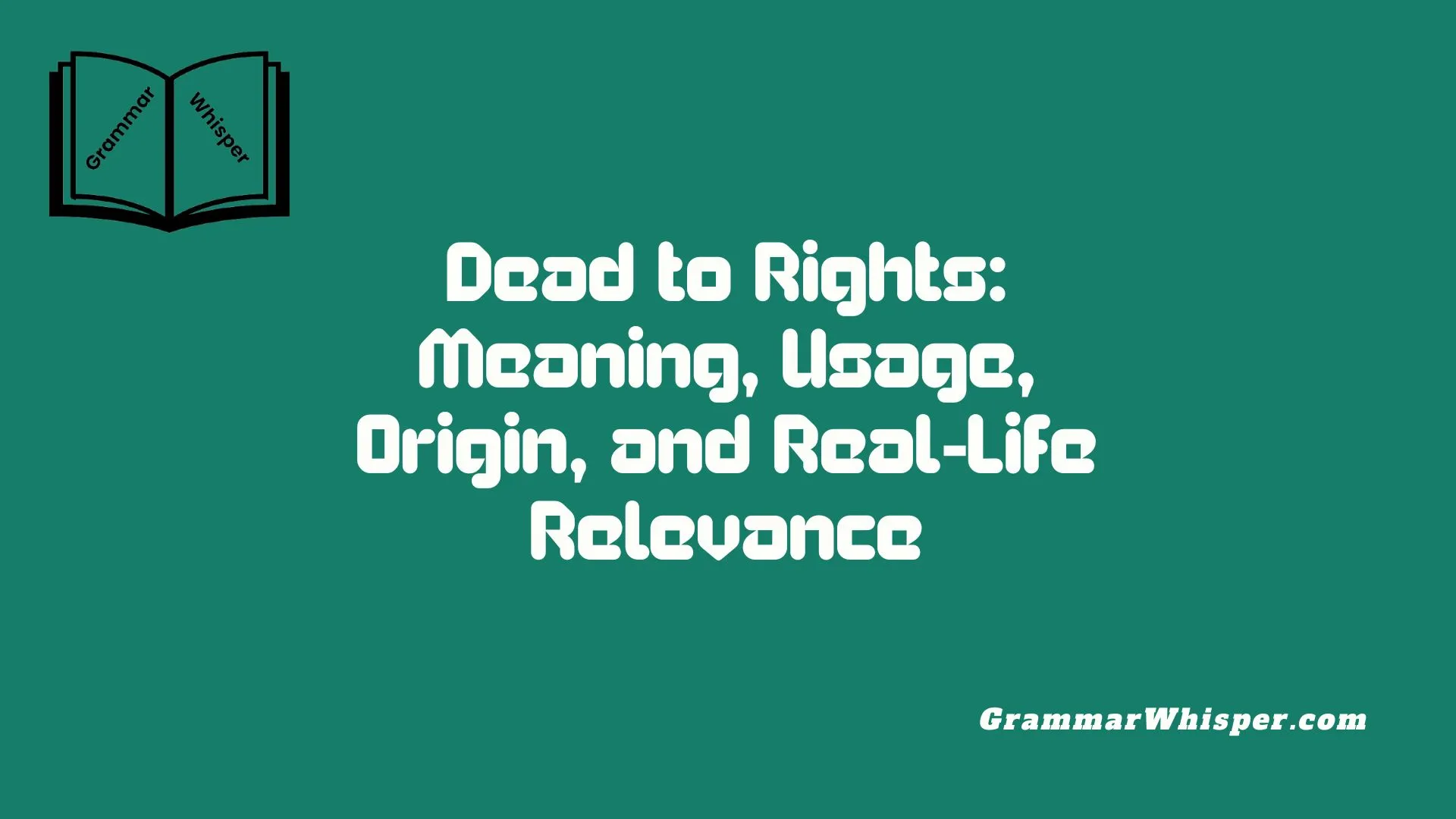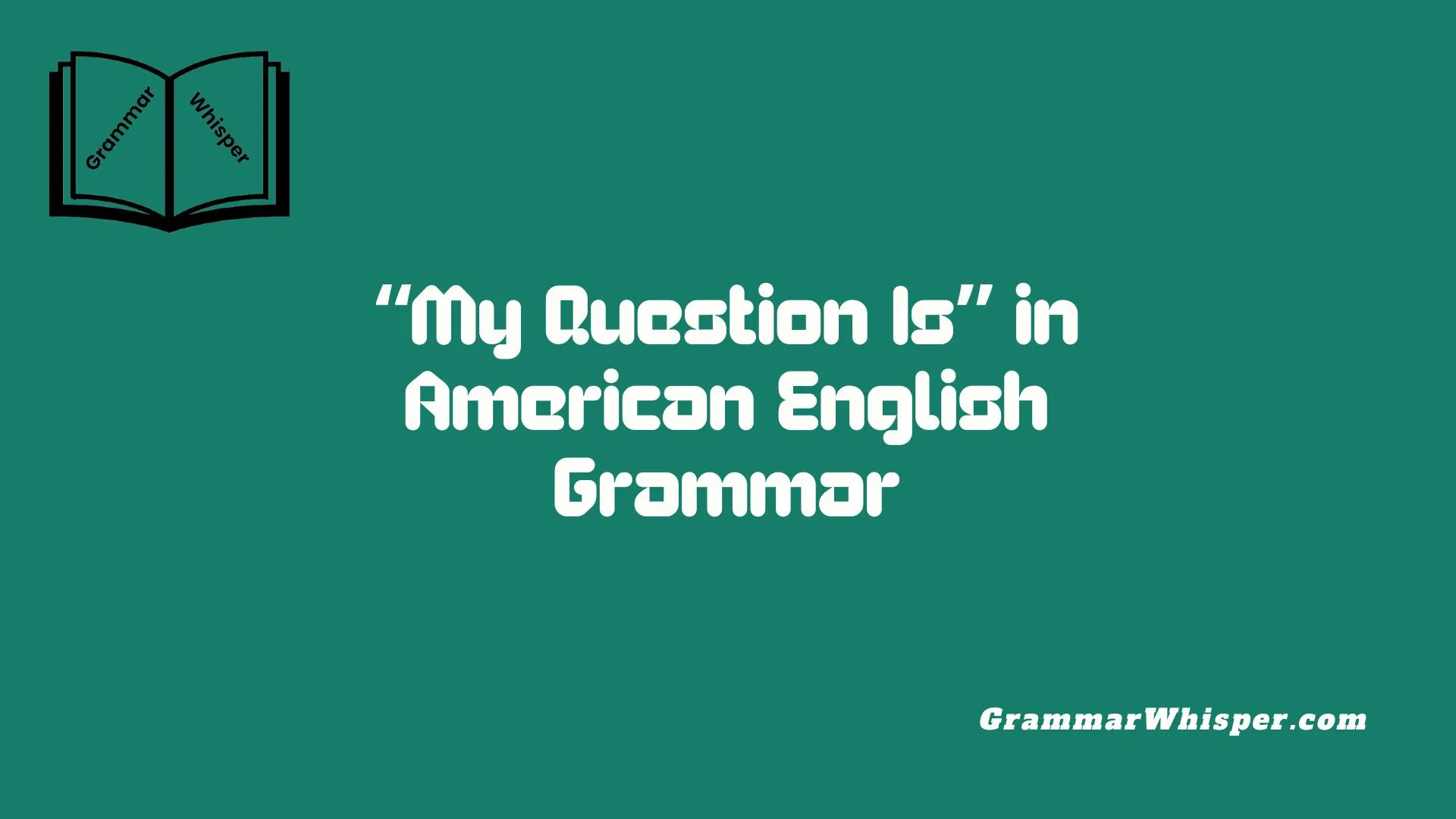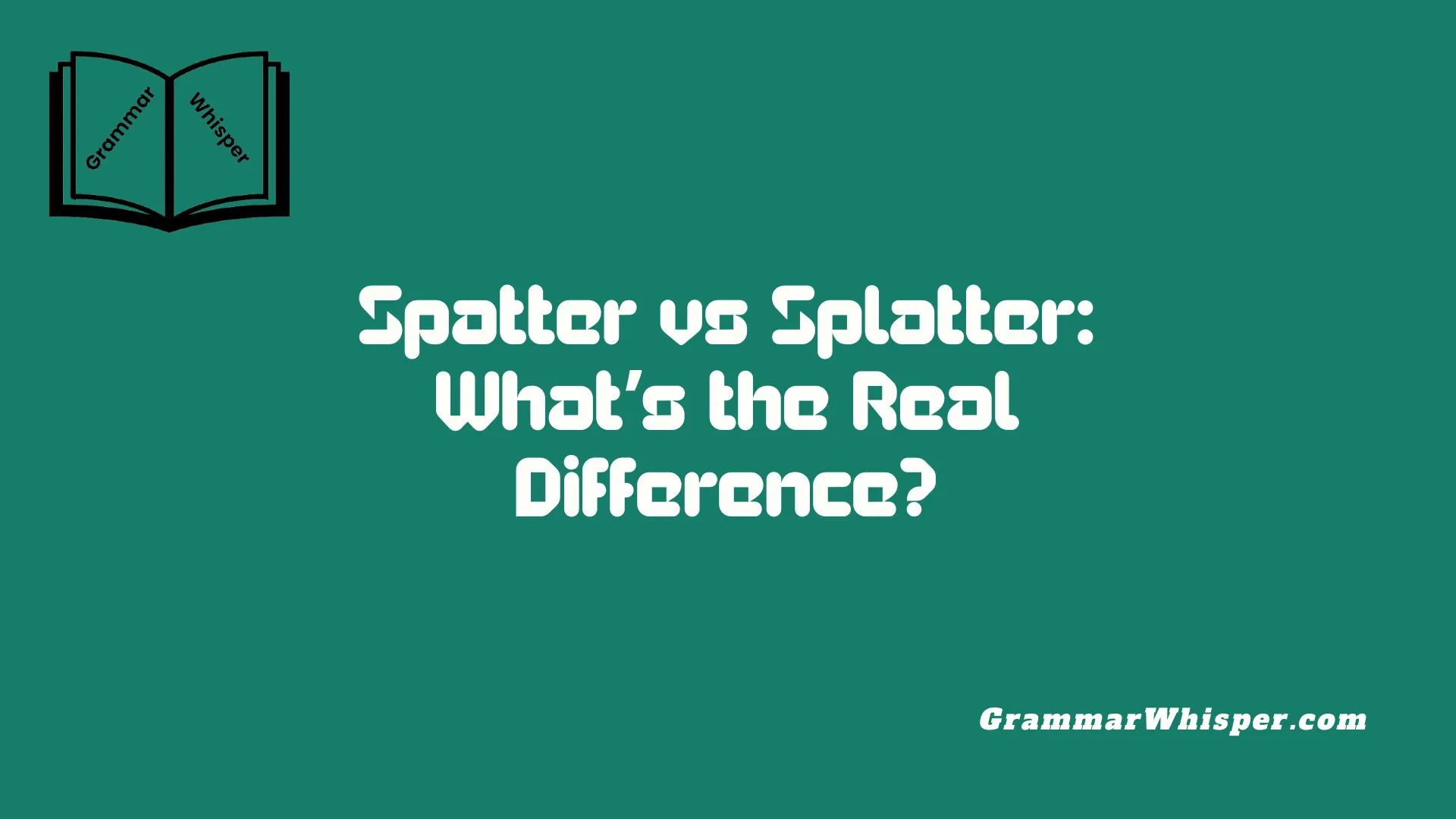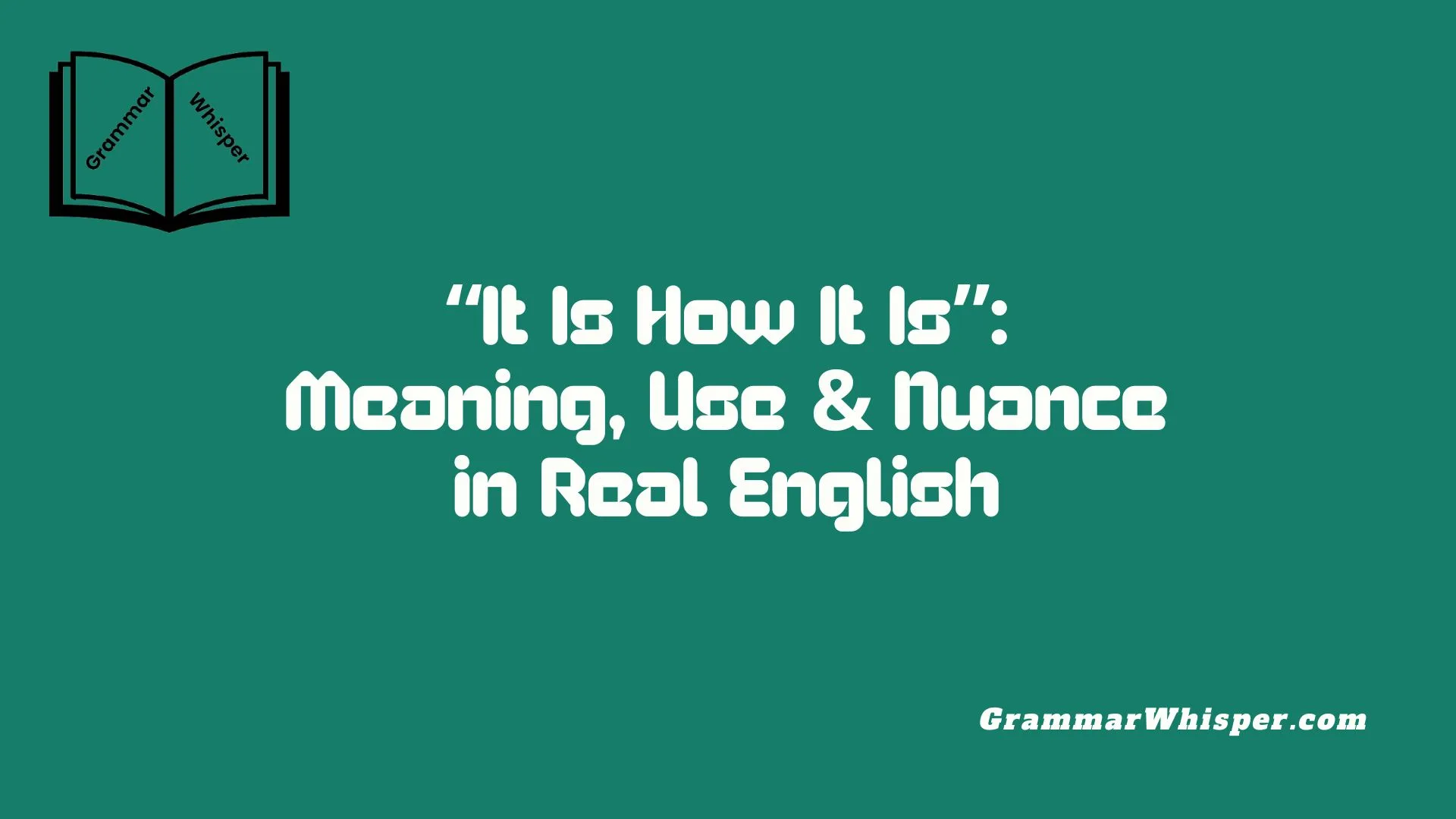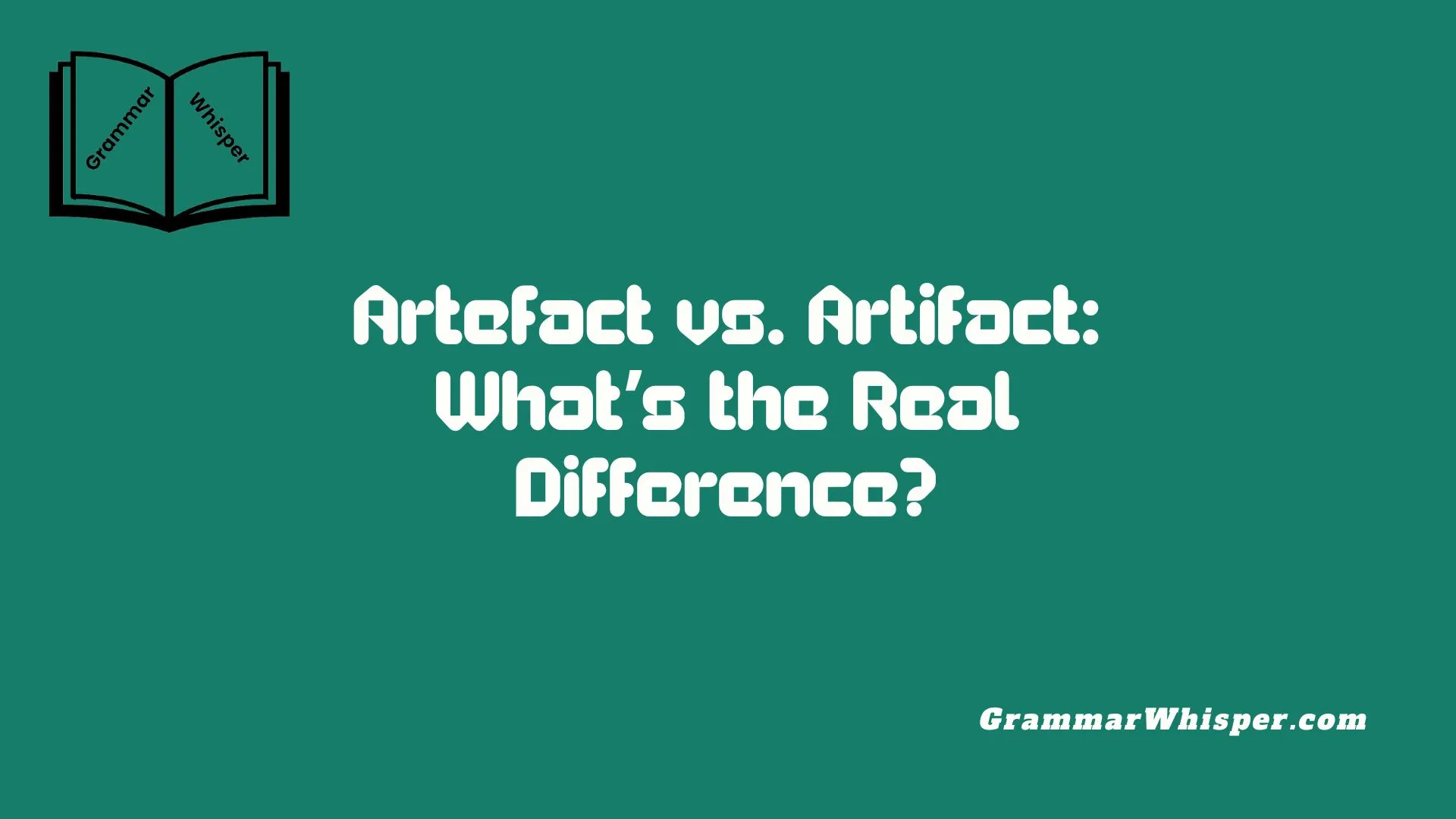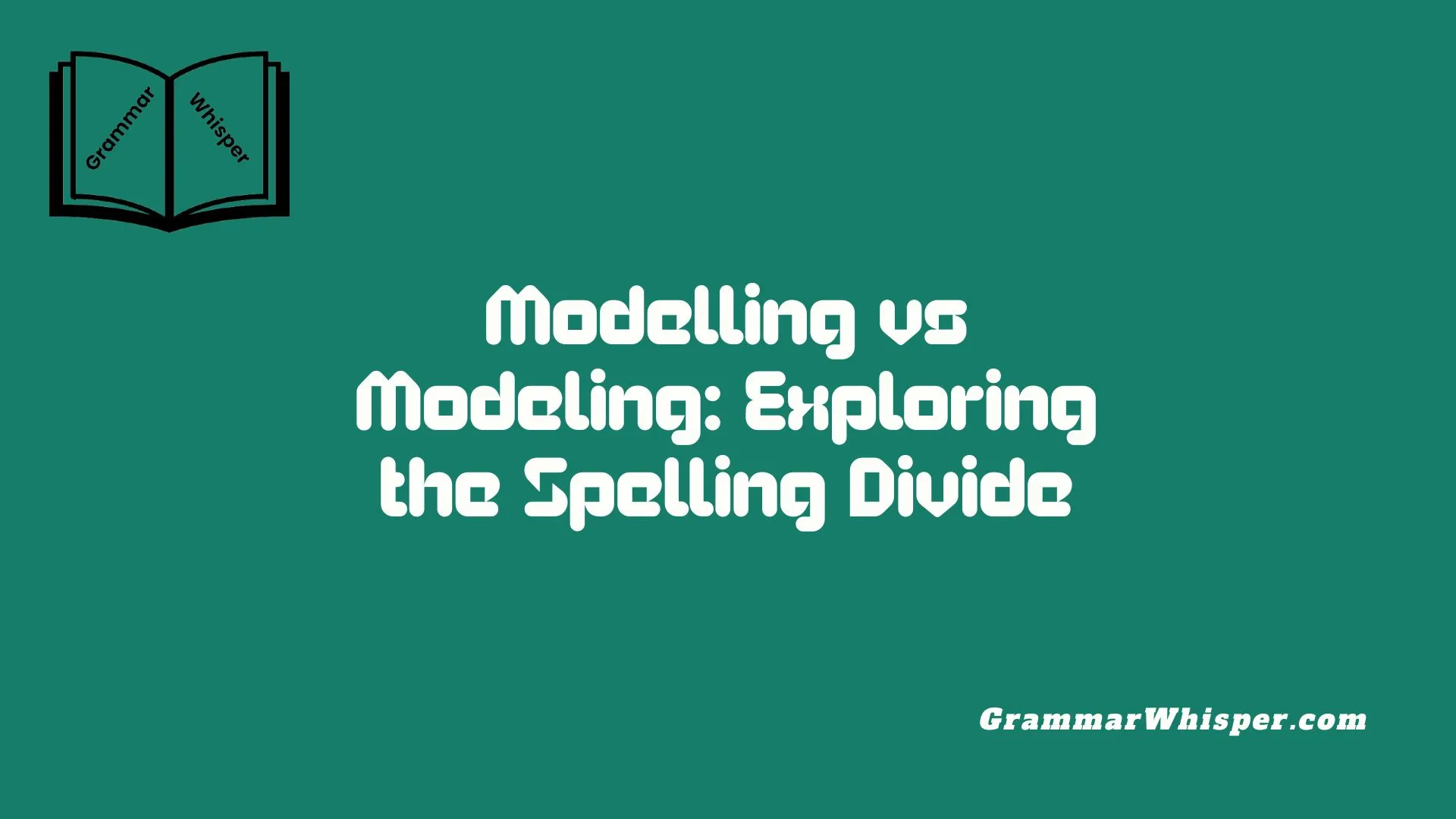Is It Correct to Say “How Is It Going?”
In casual American speech, the phrase how is it going often shows up in everyday spots like Zoom calls, coffee lines, or friendly check-ins. Many people use it without even thinking – because it sounds relaxed, informal, and familiar. It’s easy to confuse it with “How are you?”, and some think it means the same … Read more
